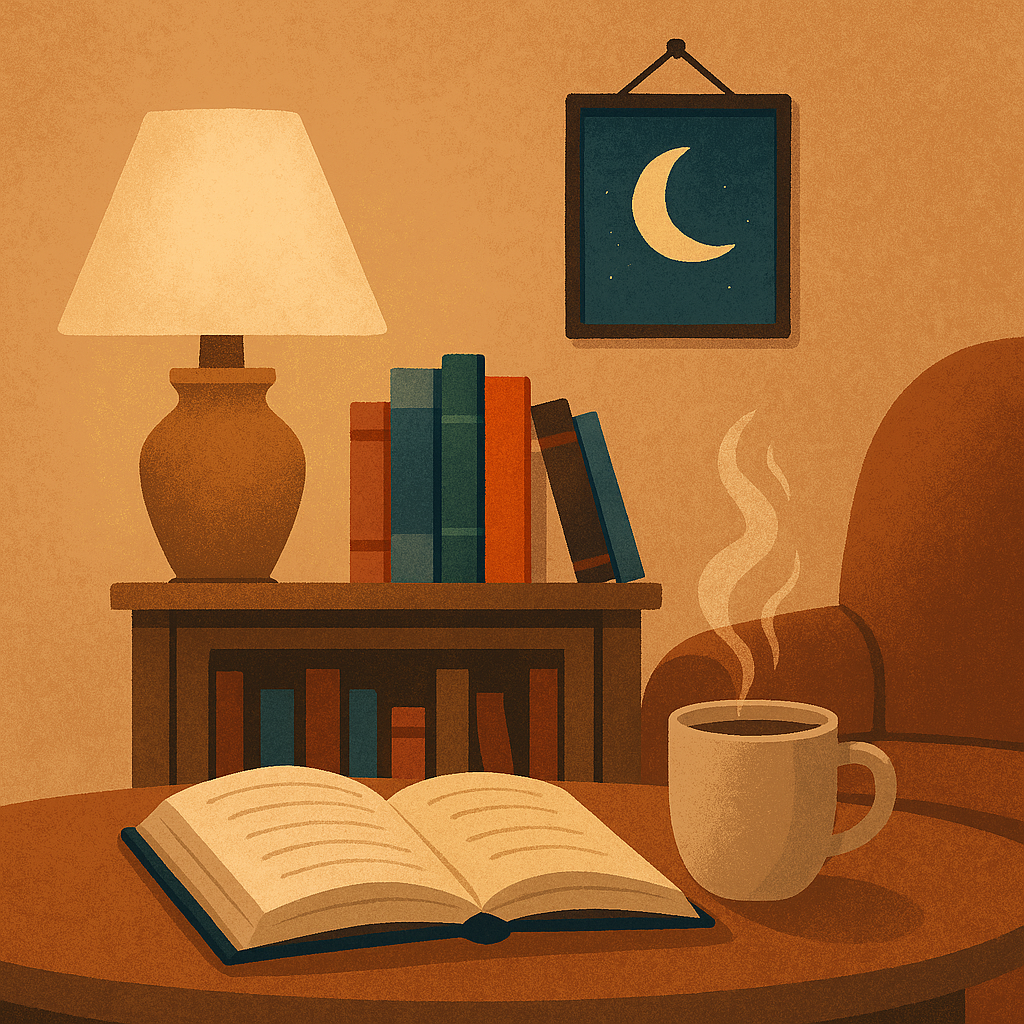
The Role of Circadian Rhythms in Health: Why Timing Matters for Sleep, Eating, and Energy
We often focus on what we eat, how we move, or how much we sleep—but rarely do we ask when.
But timing, as it turns out, is everything.
Your body runs on a 24-hour internal clock called your circadian rhythm. It governs everything from your sleep-wake cycle to your hormone levels, digestion, and even how energised or foggy you feel. When you align with this rhythm, things flow. When you don’t? Fatigue, poor digestion, and mood swings follow.
Let’s break down what your circadian rhythm does—and how to sync up with it for better health.
⏳ What Are Circadian Rhythms?
Your circadian rhythm is your body’s built-in timekeeper. It’s regulated by a part of the brain called the suprachiasmatic nucleus (SCN), which responds to light, darkness, and routine.
This internal clock tells your body when to:
-
Wake up and release cortisol
-
Wind down and release melatonin
-
Digest food efficiently
-
Repair tissue and detoxify at night
When you respect this rhythm, everything from your energy levels to your hormone balance improves. When you disrupt it—through poor sleep, late-night eating, and overstimulation—it can throw off your whole system.
😴 Why Timing Matters for Sleep
Your circadian rhythm wants you to sleep after dark. Melatonin (your sleep hormone) is triggered by low light, usually a couple hours after sunset.
But if you’re staring at your phone in bed at midnight or drinking coffee at 5pm, your rhythm gets confused.
✅ Tip:
Try to sleep between 10:00–10:30pm and wake with natural light. Sleep in a cool, dark room and limit screens before bed. This keeps your sleep deep and your hormones balanced.
🍽 Why Timing Matters for Eating
Your digestion also runs on a clock. Your metabolism is most efficient during daylight hours, and slows down as night approaches. Late-night eating can lead to:
-
Weight gain
-
Sleep disturbances
✅ Tip:
Eat most of your food between sunrise and sunset, ideally finishing dinner 2–3 hours before bed. This gives your body time to digest and rest.
⚡️ Why Timing Matters for Energy & Productivity
Ever notice how you're super alert in the morning, sluggish after lunch, then focused again before Maghrib? That’s your circadian rhythm talking.
Cortisol rises naturally in the morning to help you wake up. Midday dips in alertness are part of your rhythm too—so don’t fight them. Flow with them.
✅ Tip:
-
Do focused tasks or workouts in the morning or late afternoon.
-
Save admin tasks for after lunch, when energy dips.
-
Embrace breaks—they're part of your natural cycle.
🛠 How to Support Your Circadian Rhythm
Here are simple ways to reset and support your rhythm daily:
🌞 Get Morning Light
Go outside first thing in the morning—even just for 10 minutes. Natural light is your circadian “anchor.”
🌒 Dim the Lights at Night
Use lamps and candles in the evening. Blue light (from screens) tells your brain it’s still daytime.
🕰 Stick to Regular Sleep and Wake Times
Even on weekends. Consistency is key to maintaining your rhythm.
🍽 Eat Within a 10–12 Hour Window
This eating pattern supports metabolism, weight balance, and cellular repair.
🛐 Honouring Rhythms with Faith
Our daily prayers are a beautiful alignment with natural cycles.
-
Fajr aligns with sunrise and sets the tone for presence and light.
-
Dhuhr and Asr break up the workday with rest and reflection.
-
Maghrib and Isha wind down the day with gratitude and calm.
Honouring your body’s rhythms while honouring Allah’s timings is deeply healing—spiritually and physically.
✨ The Takeaway
You don’t have to overhaul your life overnight. But even small steps—waking up with the sun, eating earlier, and protecting your evenings—can dramatically improve your health and energy.
Your body already knows what to do. It just needs you to stop fighting the clock.



Leave a comment
This site is protected by hCaptcha and the hCaptcha Privacy Policy and Terms of Service apply.